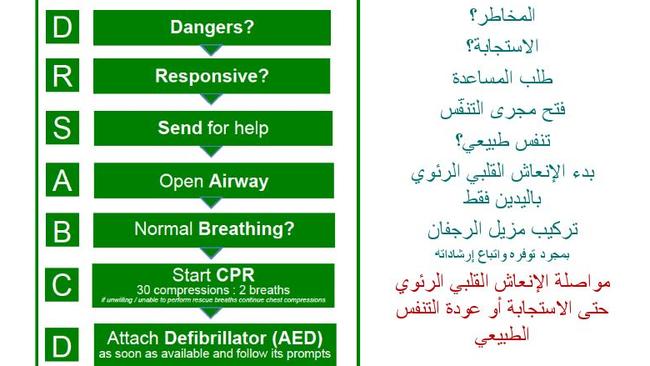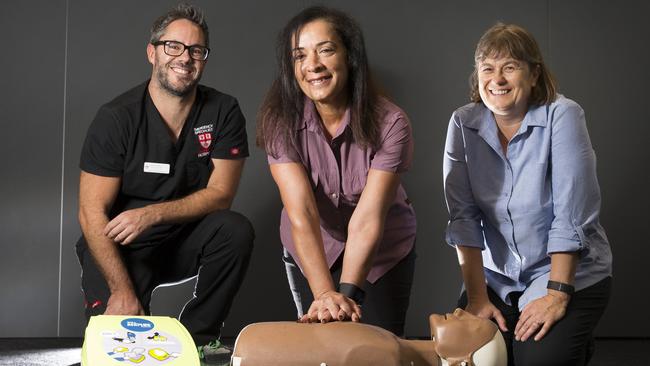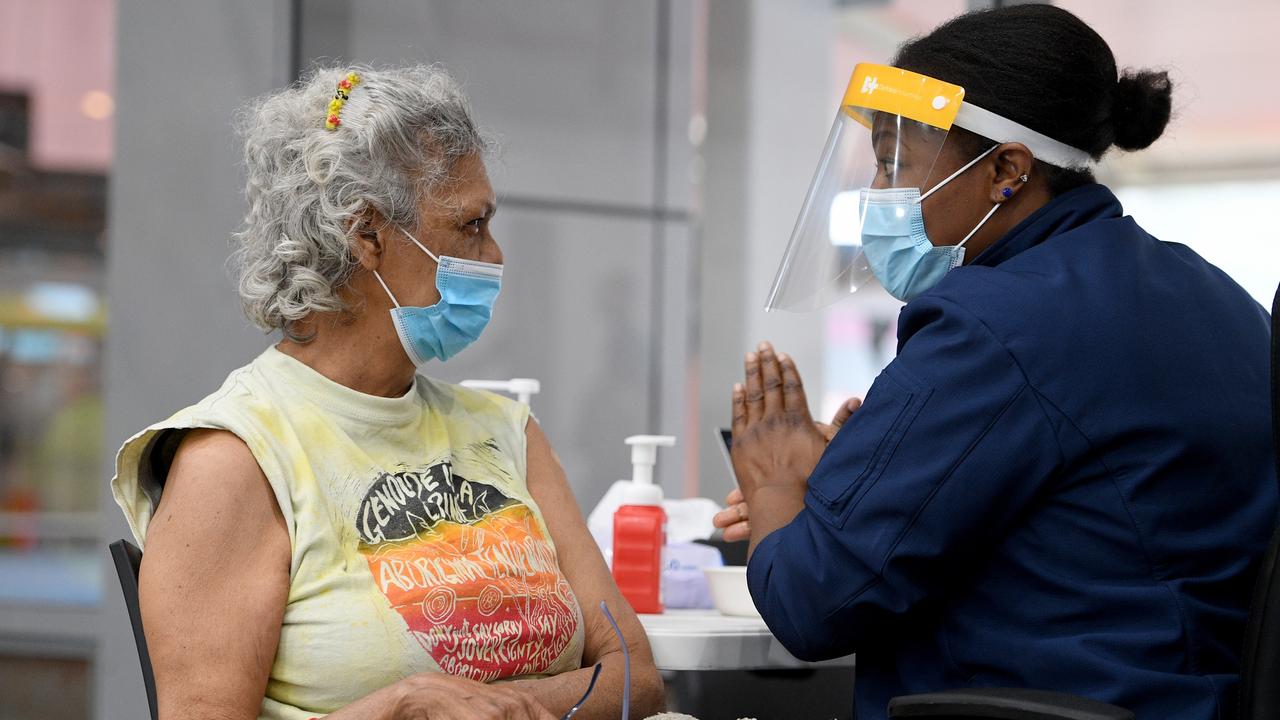Doctor translates CPR techniques for Arabic population after life lost
WHEN a middle-aged man died because his family didn’t know how to give him CPR, one Western Sydney doctor was inspired to translate first-aid manuals in to Arabic.
- Boy, 3, gets toilet seat stuck to head
- Three shark sightings in Chipping Norton Lake
- Family history revealed after 60 years
One life lost in Liverpool Hospital’s emergency department stuck with Dr Ben Taylor.
The Emergency Specialist recalled a middle-aged Arabic man coming in after suffering a heart attack at home in 2015. Sadly, the man died.
“When we found out a little more information, it transpired that members of the Arabic community who were with him, didn’t have the information and knowledge to know what to do when he collapsed,” Dr Taylor said.
“It took more than 20 minutes for an ambulance to be called ... waiting 10 minutes without any CPR, there is no chance of survival.

“It’s sad that information can be out there for the vast majority of people, but not all of the community.”
After doing a bit of research, Dr Taylor found no CPR training for the non-English speaking, particularly Arabic-speaking, was available so he embarked on creating it.
“In the south west, Arabic is the second most spoken language at home after English — you’re talking about 40 per cent of the population here listing Arabic as their number one language at home,” he said.
“I thought it’d be a good idea to start something off at a grassroots level for the local community.”
He identified local Arabic community members who could then go on and make it their mission to share that knowledge with 10 people each in their family, community or mosque.

“There’s so much more that can be done ... but we have to start somewhere.”
To date, the pilot CPR program, which translates English CPR information into Arabic, has educated 30 people, and there are plans to set it up with other languages.
The next step is to send the translated information to local hospitals, particularly those in the south west, so it can be implemented in their communities.
Dr Taylor said one of the things he had to consider in the program was the reluctance of people to perform mouth-to-mouth CPR.
Instead, introducing hands-only CPR, so the person does just the chest compressions.
“Something is better than nothing, until the paramedics arrive.
“We want people to literally go hard and fast and keep going until they (paramedics) arrive.
“Every minute CPR is not performed, the person’s mortality rate goes up 10 per cent.
“By doing the chest compressions you’re working as a pump for the heart to keep oxygen going to the brain.”
To participate in the hospital Arabic CPR, call Liverpool Hospital community participation co-ordinator Janet Harrison on 8738 8417.


